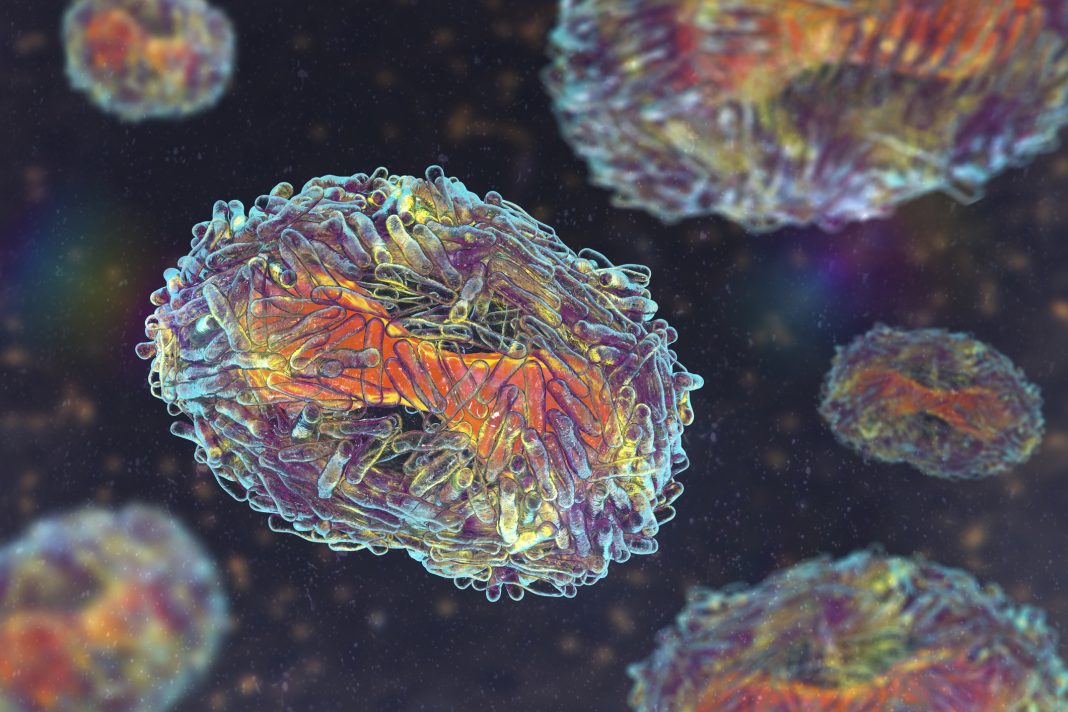Over the past two months, concern has been growing over the continued spread of the monkeypox outbreak. The worry has heightened over the past week. In that time, the World Health Organization (WHO) has declared the monkeypox outbreak a public health emergency of international concern. In addition, this past week saw two major cities (San Francisco and New York City) and two states (New York and Illinois) in the United States declare public health emergencies. The announcements will bolster the cities’ ability to prepare for, and respond to, the rapidly rising cases of monkeypox.
Last Thursday, July 28, San Francisco became the first city in the United States to declare a public health emergency for monkeypox, which went into effect on August 1. London Breed, mayor of San Francisco, together with the San Francisco Department of Public Health (SFDPH), made the announcement.
“San Francisco showed during COVID-19 that early action is essential for protecting public health,” said Breed. “We know that this virus impacts everyone equally—but we also know that those in our LGBTQ community are at greater risk right now. Many people in our LGBTQ community are scared and frustrated. This local emergency will allow us to continue to support our most at-risk, while also better preparing for what’s to come.”
According to the Centers for Disease Control (CDC), as of July 29, 799 cases were reported in California with over 5,100 cases in the United States.
New York City health officials declared monkeypox a public health emergency Saturday, July 30 with the Governor declaring a State Disaster Emergency on the same day. Mayor Eric Adams followed suit for the city on Monday, August 1.
When Adams and New York City Department of Health and Mental Hygiene (DOHMH) Commissioner Ashwin Vasan, MD, PhD, declared a public health emergency due to the monkeypox outbreak, they released the following statement:
“Today, we are declaring monkeypox a public health emergency in New York City. Over the past few weeks, we have moved as quickly as possible to expand outreach and access to vaccines and treatment to keep people safe. This declaration, which is effective immediately, will allow DOHMH to issue emergency commissioner’s orders under the New York City Health Code and amend provisions of the Health Code to provide for measures to help slow the spread. We are also working with partners at every level of government, to obtain as many additional doses as possible, as quickly as possible, so that we can protect New Yorkers during this growing outbreak.
“This outbreak must be met with urgency, action, and resources, both nationally and globally, and this declaration of a public health emergency reflects the seriousness of the moment.”
We’ve got to do much better
It certainly is “a serious problem,” Anthony Fauci, MD, director of the National Institute of Allergy and Infectious Diseases (NIAID), told CNN.
It has been reported that the White House is creating a position for a monkeypox coordinator. Fauci explained that the coordinator would focus on several different areas, including testing for the virus. Monkeypox testing has gone from a capacity of 6,000 to 80,000 tests per week. In addition to testing, they will coordinate the distribution of therapies.
Another focus of the coordinator position will be an equitable distribution of the vaccine for two groups of people: those who are post-exposure and those who are at risk of exposure. Fauci doubts that the entire population will need to be vaccinated and noted that there has to be a balance between vaccines available to those who have clearly been exposed and those who are at risk. Currently, there have been roughly 323,000 doses of vaccine distributed; they anticipate an additional 800,000 by the end of July.
Fauci added: “We are doing well but we’ve got to do much better.”


